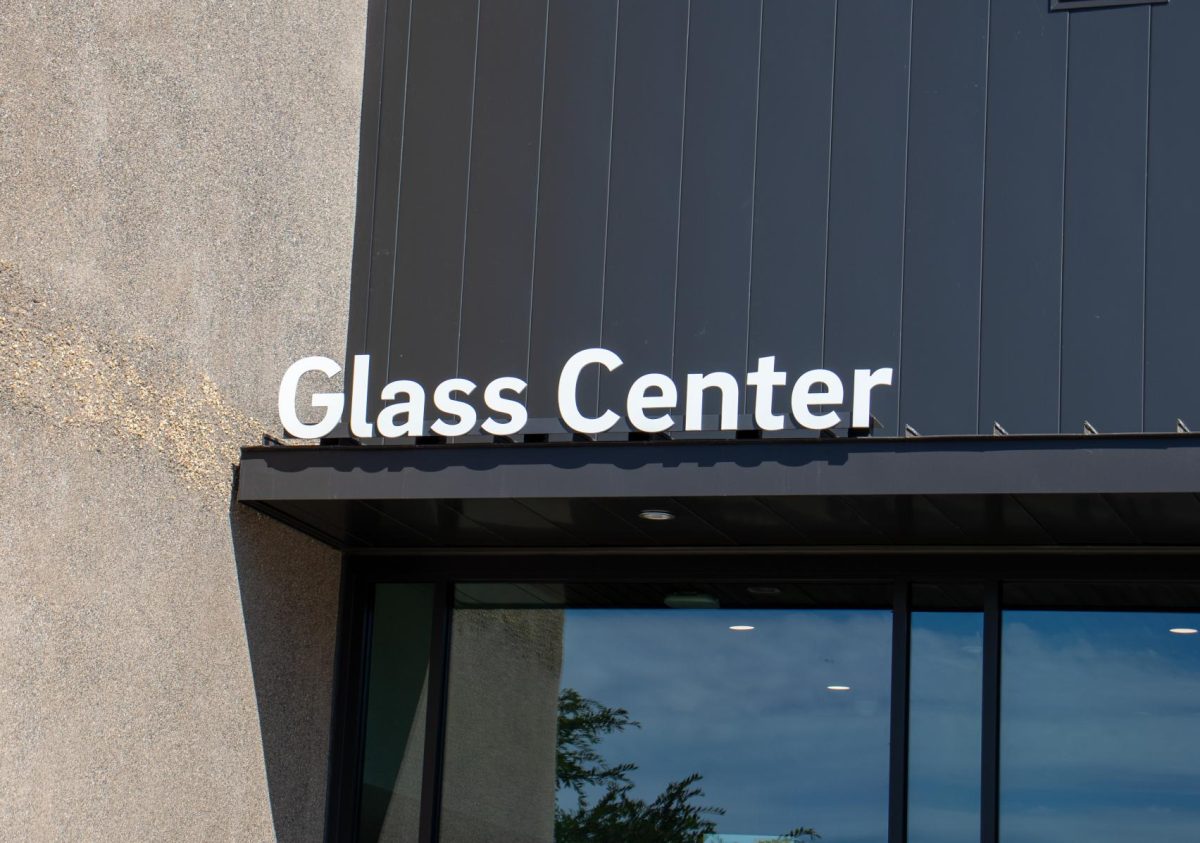Last week, I had the privilege of sitting down with UC San Diego communication professor Zeinabu irene Davis, whose independent 1999 drama film “Compensation” was added to the Library of Congress National Film Registry this past December.
The National Film Preservation Board votes on the top 25 films each year from the nominations to select films for the registry, evaluating them on the extent to which they demonstrate “the range and diversity of American film heritage.” In 2024, the NFPB voted on over 6,700 total nominees, selecting Davis’s film to join the coveted 25 inductees. The NFPB has made these selections every year since its founding in 1988; past picks include classics such as “North by Northwest” (1959), which was selected in 1995, and “Grey Gardens” (1975), which was selected in 2010.
Davis’ “Compensation” follows the parallel experiences of two Black women who are deaf as they navigate romantic relationships with hearing men. The film examines two periods of Chicago history: the tuberculosis epidemic of the early 20th century, and the HIV/AIDS epidemics of the early 1990s.
“Compensation” was Davis’s debut feature film. She shared that she did not expect it to ever achieve this level of success. “When ‘Compensation’ came out in 1999, it was pretty much overlooked,” Davis explained. “To be able to be in that company of those 25 films last year, to be included was like, ‘Wow, finally.’”
As we spoke, Davis shed light on her myriad influences that preceded ‘Compensation’ — starting with her time studying abroad in Kenya as an undergraduate student. There, she met professor Ngugi wa Thiong’o, the late Kenyan novelist and social activist.
At the time, Thiong’o was working on his play “Ngaahika Ndeenda” — “I Will Marry When I Want” in English — which was about the lasting colonial influences in then-present day Kenya. During Davis’ time working with Thiong’o, she watched as the Kenyan government tried to censor his play.
“If someone thinks your story is too divisive and [it] is silenced, that means that it’s probably more important that that story be told,” she said.
Davis explained how the experience helped her develop a directorial focus on telling Black histories. When she arrived at UCLA in the early ‘80s in pursuit of her master’s degree in African studies and later for her master of fine arts, she sought out like-minded filmmakers. Soon, she joined the L.A. Rebellion — also known as the Los Angeles School of Black Filmmakers — a collective of Black filmmakers who pioneered a cinema practice that centered Black experiences and stories, offering an alternative to the dominant white narrative.
“The L.A. Rebellion filmmakers didn’t change the world, so to speak, but what we did do is we diversified the terrain of the mainstream images that you would see of Black people and made it more concrete or realistic,” Davis said.
As the 1980s came to a close, Davis finished her studies at UCLA. A couple short years later, Davis began to develop “Compensation” from a screenplay written by her husband, Marc Arthur Chéry, in collaboration with actors, actresses, and production members who are deaf.
“It was important to bring people from the Chicago community who were deaf into the process early on,” Davis explained. “We interviewed, talked to them, hung out with them, took ASL classes, just got integrated into the community as much as we could so that we could represent it as authentically as possible.”
A 4K restoration — or “rejuvenation,” as Davis likes to call it — of “Compensation” was re-released in theaters this past May, and the film will have a Blu-Ray release in August.
Outside of her recent recognition for “Compensation,” Davis remains busy as ever — both teaching at UCSD and continuing to produce films. Her current project is a historical documentary called “Stars of the Northern Sky.” In this piece, Davis tells the stories of three Black women’s resistance against slavery: abolitionist Sojourner Truth, writer Phillis Wheatley, and rebel Marie-Joseph Angélique.
“I firmly believe that if we don’t study our history, we’re gonna repeat it,” Davis said. “It’s important to fight and to try to make sure that those images and stories don’t get erased, they don’t get forgotten, they don’t get made invisible again.”








